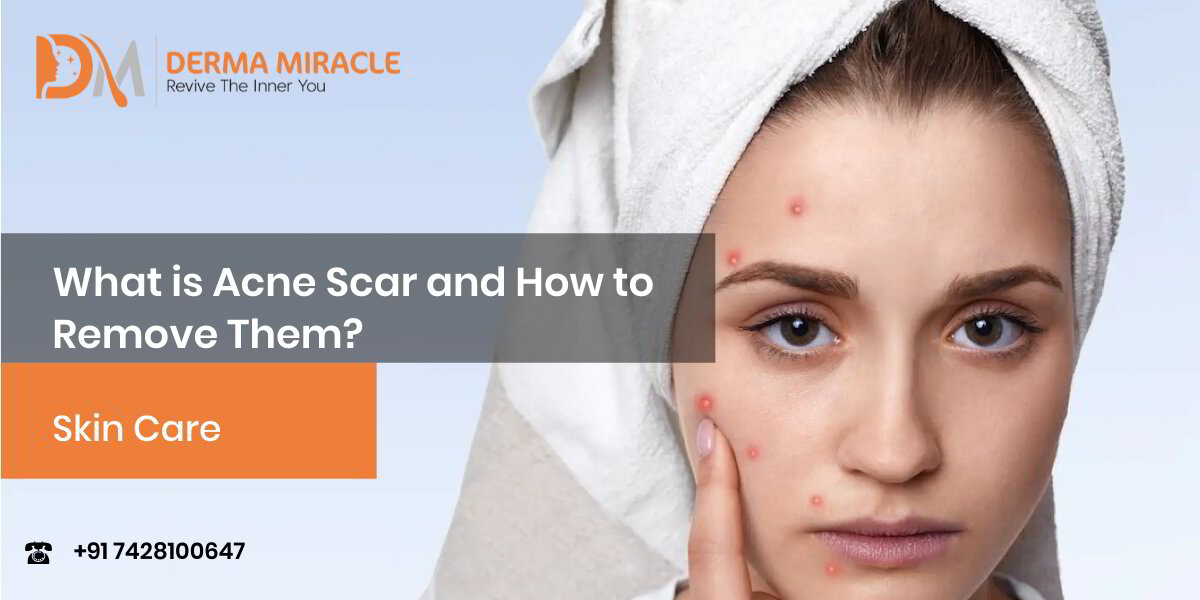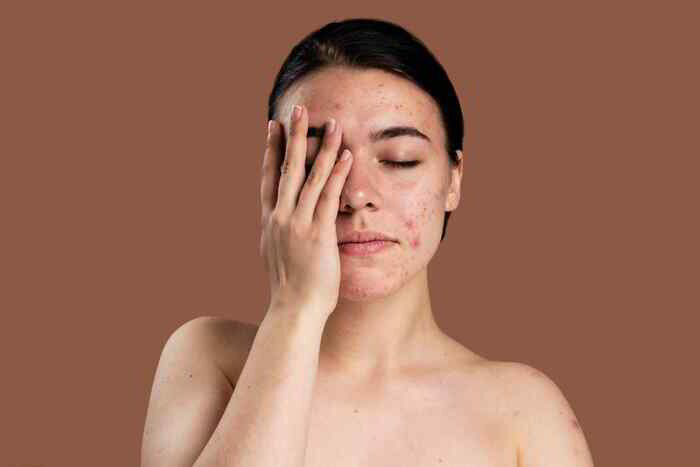
Table Of Content
-
Acne Scars – What Are They? And How Are They Formed?
-
Types Of Acne Scars?
-
How To Remove Acne Scars?
-
How Can You Prevent Acne Scars From Forming In The First Place?
-
Conclusion
Acne Scars – What Are They? And How Are They Formed?
Skin is the largest organ of the human body. It consists of three main layers: epidermis, dermis, and hypodermis. These layers are functioned to protect your fragile insides from harmful bacteria and UV rays. Any area with sebaceous glands is attacked by acne, especially the face. Breakouts of acne affect the skin deeply; either the natural healing process of your body produces collagen, scars occur if the proper amount of collagen is not produced by the body or when there is a loss of tissue. Acne scars are the results of inflammation caused by acne. Some acne scars are small and some are not, depending upon the inflammation.
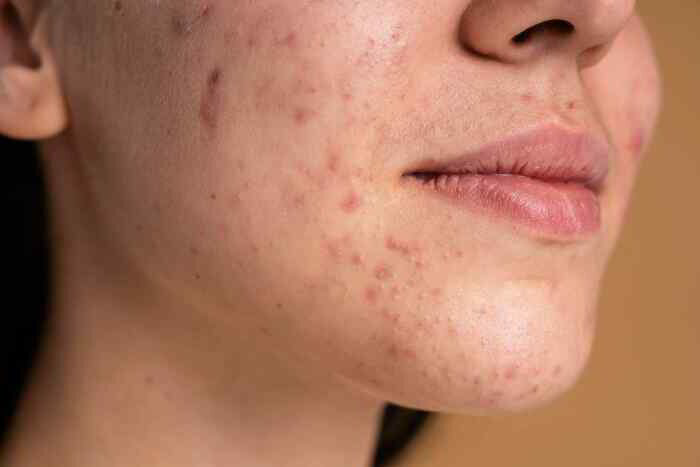
Types Of Acne Scars?
Atrophic scars: These are the most common type of scars on the face; it is also known as depressed scars. When the required amount of collagen is not produced by the skin then these scars are formed. There are three types of atrophic scars which are Boxcar, icepick, and rolling.
- Boxcar: They have sharp edges and are broad U-shaped scars. They are results of acne conditions like chickenpox or varicella. They can be deep or shallow. The deeper they are, the tougher their treatment will be.
- Icepicks: They are small narrow V-shaped scars. They are deep scars and requires tough treatment.
- Rolling: They are round-shaped and irregular making the skin appear wavy and uneven.
- Hypertrophic scars: These are also known as keloid scars. They are comparatively larger than acne and are formed because of excessive collagen formation.
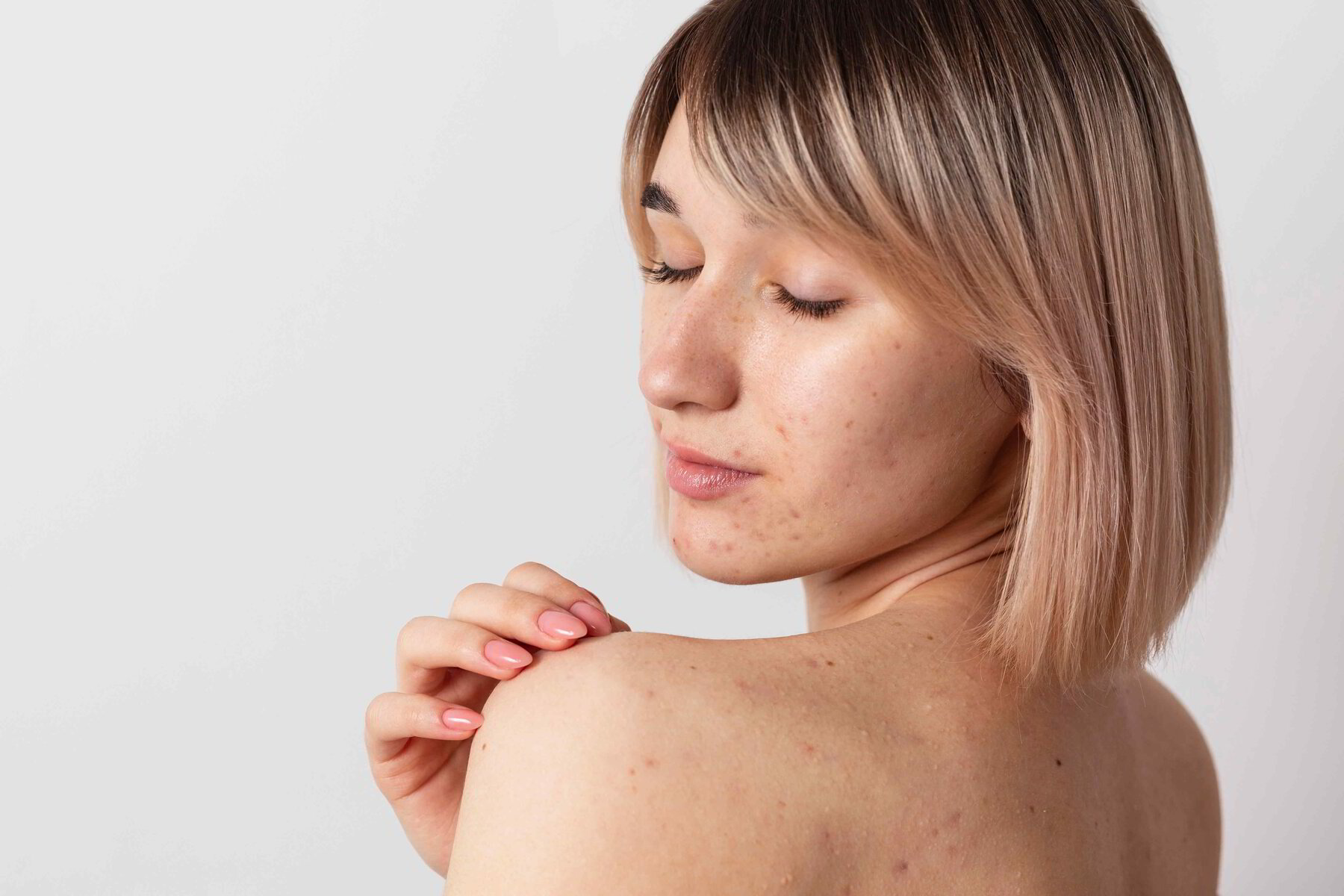
The Best Way To Treat Pigmentation
If you are facing an acne scars problem, the good news is you can treat them. There are several acne scar treatments to get rid of acne scars.
- Home Remedies: Using sunscreen is effective or you can use medicated creams containing azelaic acid or hydroxyl acids.
- Tissue Fillers: This method sometimes affects skin color. It injects the proper amount of collagen deep into the skin so the scars fade away. Results are temporary, so the process is repeated.
- Injecting Steroids: There are some types of scars that can be removed by injecting steroids and it also improves the condition of your skin.
- Laser Resurfacing: Laser resurfacing is the most common method of removing acne scars. The risk of side effects is comparatively high on individuals owning dark skin color or having a history of hypertrophic scars.
- Dermabrasion: In this procedure, the acne scar specialist removes the upper layer of the skin, so the scars become less visible. This procedure is for severe acne problems and has high risks of side effects.
- Skin Needling: In this process, the doctor injects a needle into the affected area to enhance collagen formation in the tissue. This technique is safe and has subtle results.
- Chemical peel: In the Chemical peel your acne scar doctor applies a chemical solution on the scar in order to remove the top layer of the skin, so the deeper scars become less visible. It has potential side effects, including variation in skin color.
- Botox: Injecting Botox in the surrounding area of a scar may decrease the visibility of the scar. Results are temporary, so the procedure is needed to be repeated to attain the optimal results.
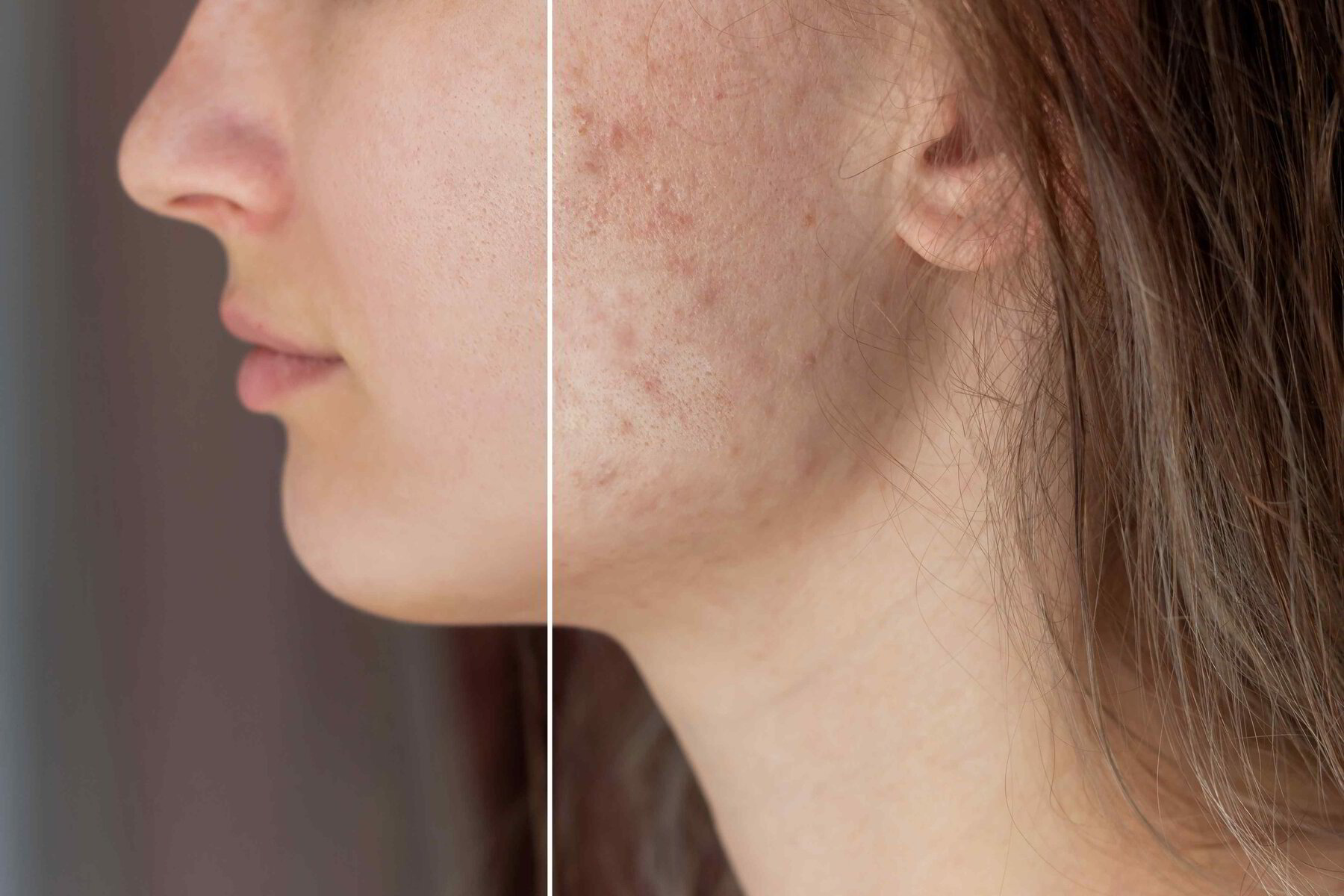
How Can You Prevent Acne Scars from Forming In The First Place?
Acne is temporary, but the scars are sometimes potentially permanent. To prevent acne scars from forming on your body, you must treat acne as soon as it appears on your skin. Consult a dermatologist immediately. Avoid harsh skincare products, as they increase the inflammation of acne. The more inflammation, the larger the scar will be. You should avoid doing anything that can cause irritation on your skin or increase inflammation of acne. Do not ever try to squeeze or pop pimples, as it will not do anything except increase the time span of the healing process. It can also cause an infection that has the possibility to leave severe acne scars on your skin. Try to calm the inflammation and consult a dermatologist immediately, when acme appears is all you need to do to prevent the formation of acne scars in the first place.

Conclusion
Acne scars can be unsightly and difficult to remove. However, there are a number of treatments that are available to help you get rid of acne scars. If you are interested in learning more about these treatments or would like to schedule a consultation, please
Contact Us Today. We would be happy to help you achieve the beautiful skin you deserve.
CONSULT DEMAMIRACLE
What Is Acne Scar And How To Remove Them?
ACT BEFORE IT’S TOO LATE
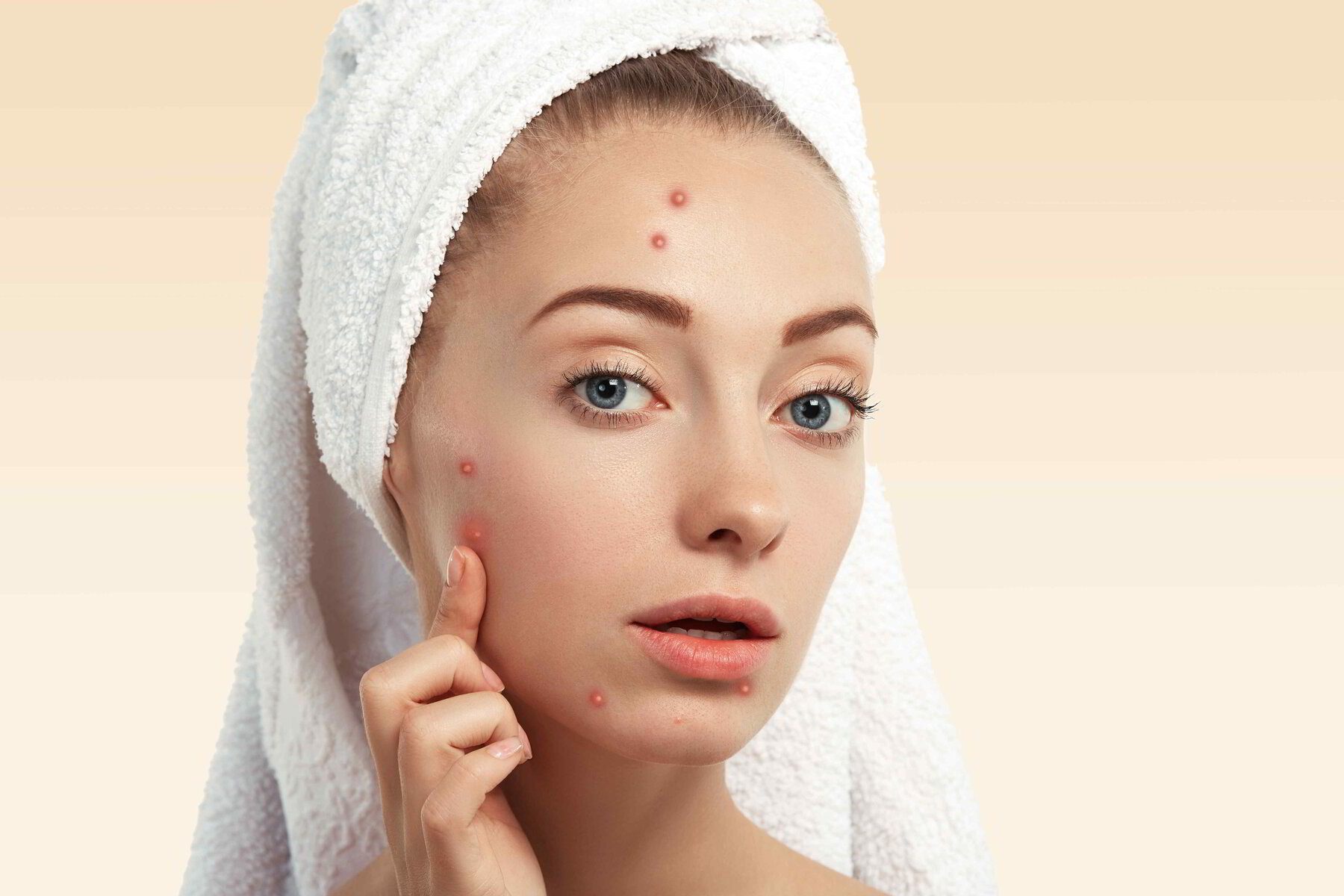
FREE CONSULTATION AVAILABLE
Contact Us
